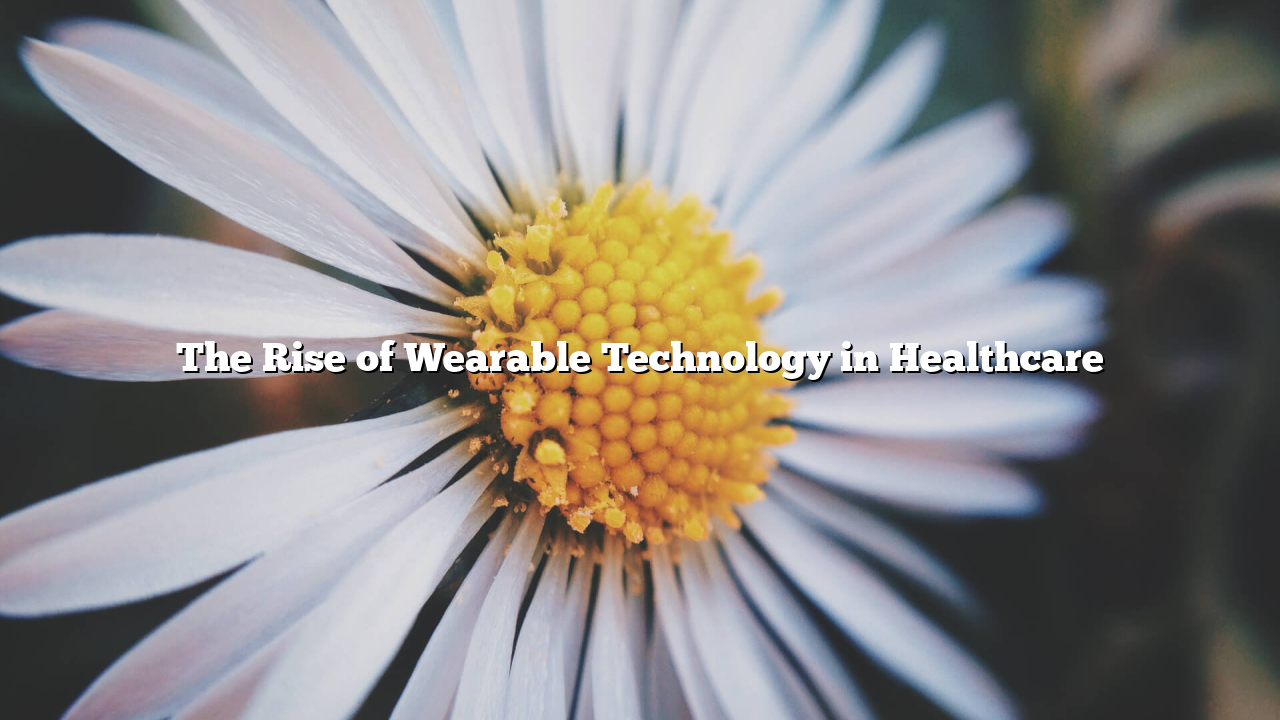Wearable technology has moved beyond fitness trackers to become an integral part of modern healthcare. Devices such as smartwatches, biosensors, and wearable monitors are transforming how people manage otpklik daftar their health and how doctors deliver care.
One of the biggest benefits of wearable devices is real-time monitoring. Patients with chronic conditions like diabetes or heart disease can track vital signs continuously, alerting them and their healthcare providers to potential problems before they become emergencies. This proactive approach improves patient outcomes and reduces hospital visits.
Wearables also empower individuals to take control of their wellness. From monitoring sleep quality to tracking daily activity levels, these devices encourage healthier lifestyles. Integration with mobile apps allows users to set goals, receive personalized insights, and stay motivated.
In hospitals, wearable technology helps doctors collect patient data more efficiently. For example, remote monitoring devices can track post-surgery recovery, allowing patients to heal at home while doctors receive continuous updates. This reduces healthcare costs and improves patient comfort.
Despite their advantages, wearables raise concerns about privacy and data security. Sensitive health information must be protected from breaches and unauthorized access. Additionally, accuracy varies between devices, and patients may receive misleading information if technology is not properly regulated.
In conclusion, wearable technology represents a major step forward in healthcare. By combining continuous monitoring with personalized insights, it enables a shift from reactive to preventative medicine, shaping the future of patient care.











Leave a Reply